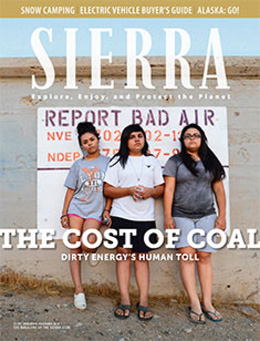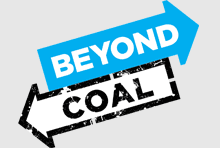



Roger Richmond
Lindytown, West Virginia
I can remember when I was real young walking through the hall into the kitchen early in the morning and Mom would be at that old cabinet there. She was making biscuits. That's what I'd walk in there for, see if she's got those biscuits made, 'cause I was wanting those biscuits and a couple of strips of bacon to eat. I remember doing that.
We had chickens, pigs. Dad built a pigpen over there. The chicken coop used to sit down there in this corner. Lot of people around here had chickens. We grew a lot of our own basics. Green beans, corn, cucumbers, potatoes, beets, cabbage.
There was houses up and down on both sides up here. After you round this little curve, there was houses on the left-hand side, then there was two on the right. Used to be houses all on up the holler. It used to be pretty bustling, you know. Cars going up and down the road all the time. Kids. Used to have quite a few kids around here.
Sometimes it gets lonely now, a little bit. Momma will be sitting on the couch, and she'll say, "There ain't no more traffic."
Mom, she says a lot of things, like "I want to get out of here." But anytime we go down the road, she wants to turn around and come right back before I even get to where I'm going. I think it's just that Alzheimer's. She'll say, "I got to get home, I got to make phone calls." She can't use the phone no more. Got no idea how to do it.
She tells people she does all kinds of stuff--all the cooking and washing and ironing. Mom does not do none of it anymore. She used to. When she got up, she would start and wouldn't quit till it almost got dark. Either cooking, cleaning, or doing something. Or ironing. Mom always ironed everything. T-shirts. She used to iron her bedsheets. I'm telling you! She wouldn't sleep on a bedsheet unless it was ironed. Now Dad put a stop to it when she tried to iron his undershorts. He said, "You can iron the T-shirts, but you leave them undershorts alone."
Anyway, that's all gone.
I was a miner for about 30 years. I retired when I turned 55. My back's all messed up. I spent most all my time underground.
Coal is life in this state. My own personal opinion, I know coal has a lot of problems, but I think it would definitely hurt this country if they tried to do away with it right now. Until they get a source that they know can replace it. And I do think mountaintop removal sometimes is the only way to get at it. It's necessary. But I'm not sure that what happened to Lindytown was necessary. Sometimes I wonder if the coal companies couldn't be better stewards in their jobs, in what they do, where they wouldn't have to destroy communities near as much. It makes you wonder whether they could do that or not.
What happened here was the coal company bought everybody out. They decided that to keep from having to pay out a whole lot of money in damages and stuff like that, they'd go ahead and buy as much of it as they could get. Dad didn't want to sell. He didn't want to go through all that movin', all that goin' out lookin' for another place. This was their home, what they'd always been used to. When he passed, he was 87. That was in 2010.
After everybody moved, the coal company tore all the houses down around here, because the vandals just plumb destroyed 'em. Then the company brought a big ol' backhoe in here and tandem trucks, and they loaded 'em all and took 'em out of here. Took everything.
Now when me and Mom go out and come back and I come up this road, particularly after dark, and just see how eerie it is, sometimes it makes you feel sad, you know? I remember back seeing all the houses. Always around the holidays, around Christmastime, come up through here, you'd see practically all the houses lit up with Christmas lights and stuff. Come up through here after dark now, and it's just dark. (Interviewed June 1–2, 2012)








